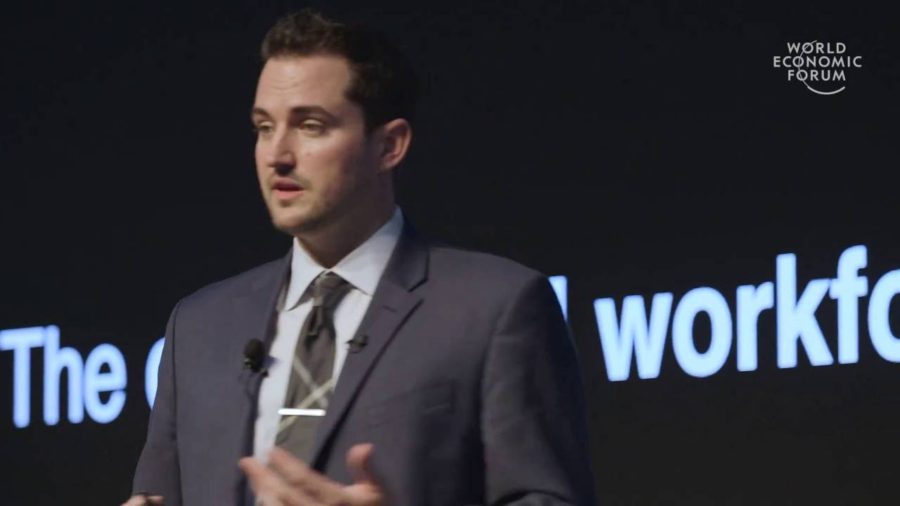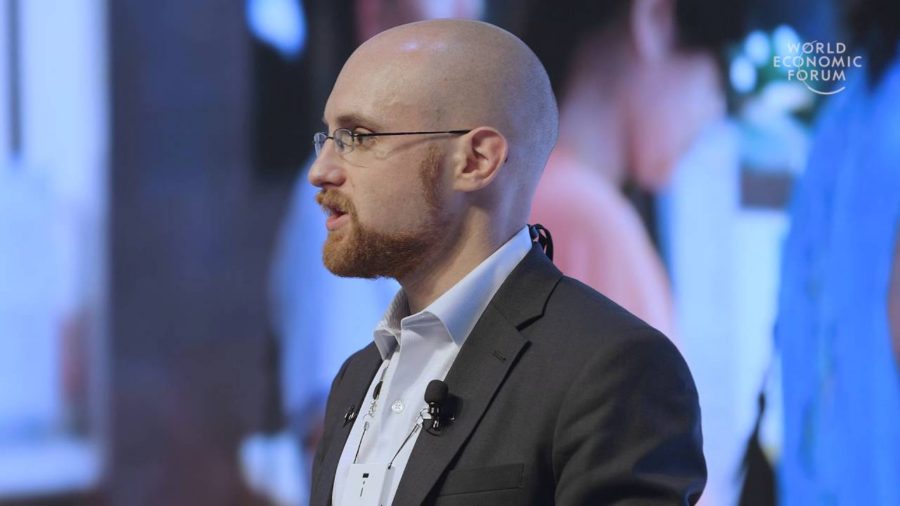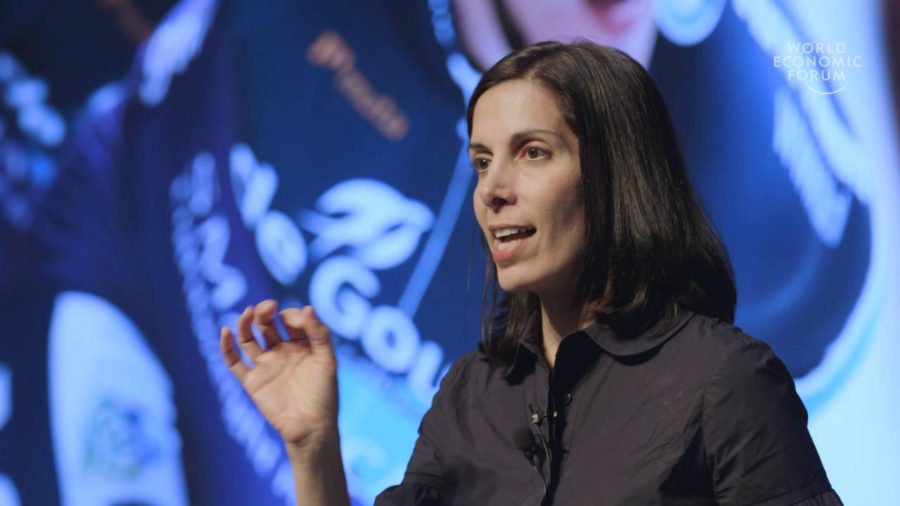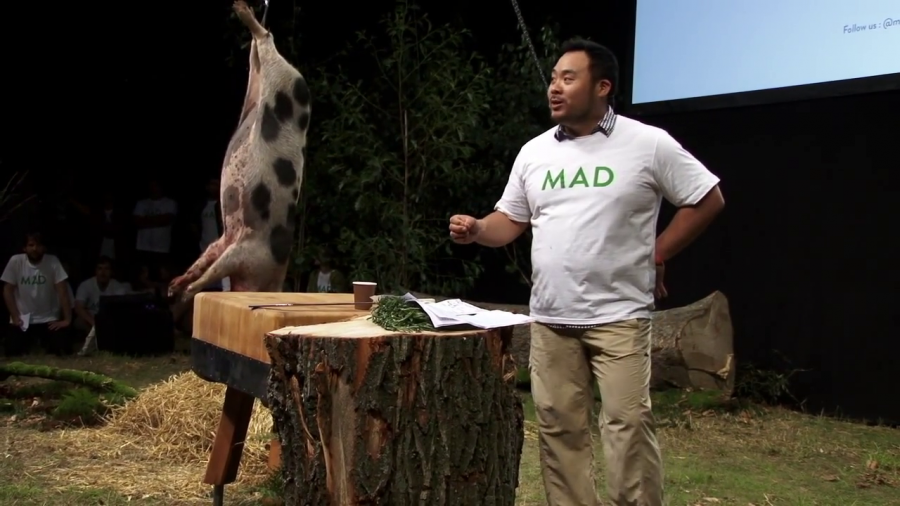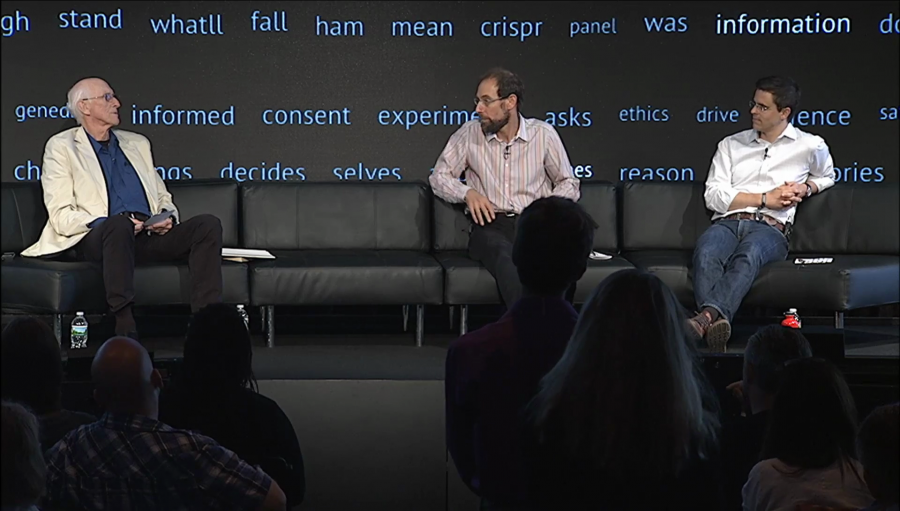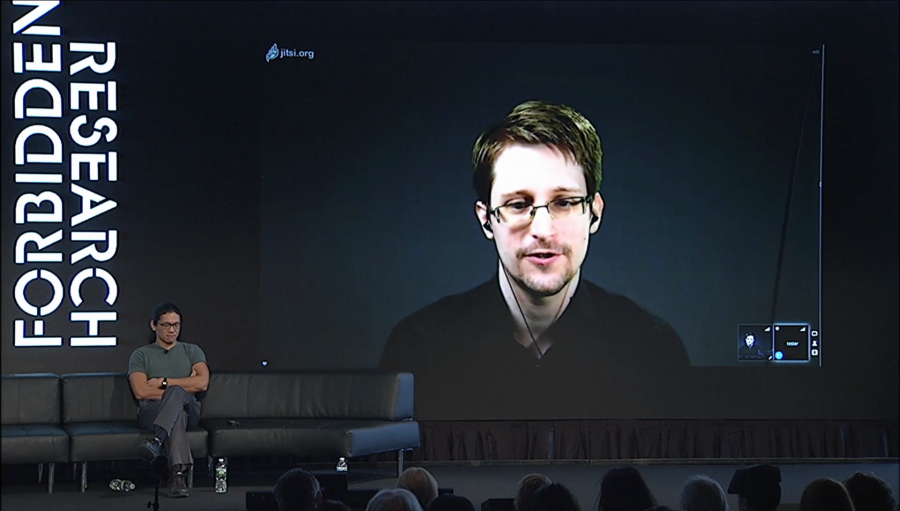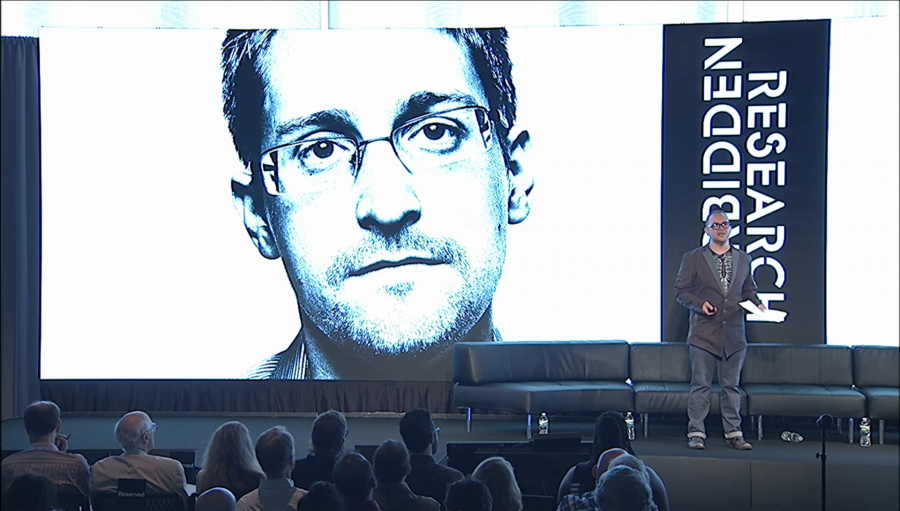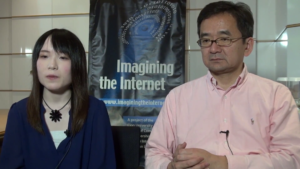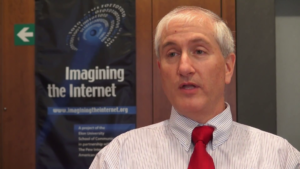The Fourth Industrial Revolution is ushering in a significant increase in connected machines, connected products. And at the same time, the people who are standing next to these highly sophisticated machines are ultimately connected in their home lives. They carry a cell phone that’s managing their smart car, their smart home, their smart systems. But they have almost no interaction with the systems at work.
Empowerment Through Cooking
presented by David Hertz
In 2004, after working for more than ten years as a cook, I visited a favela for the first time. I saw in cooking a way to train people, and so I offered a vocational training program in a local institution. Read more →

